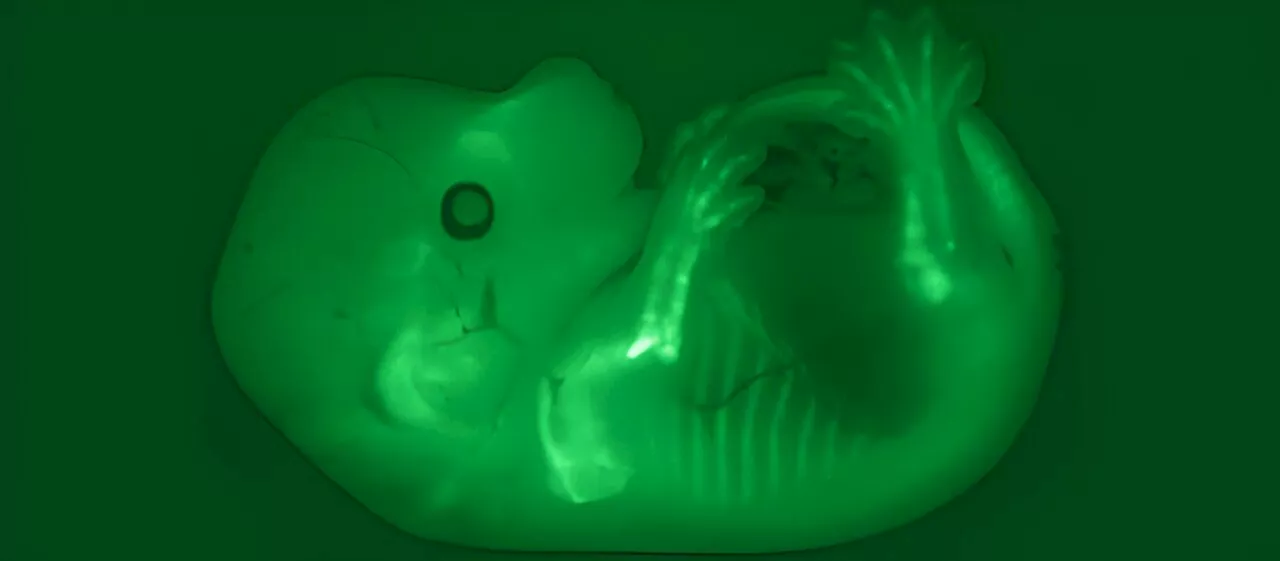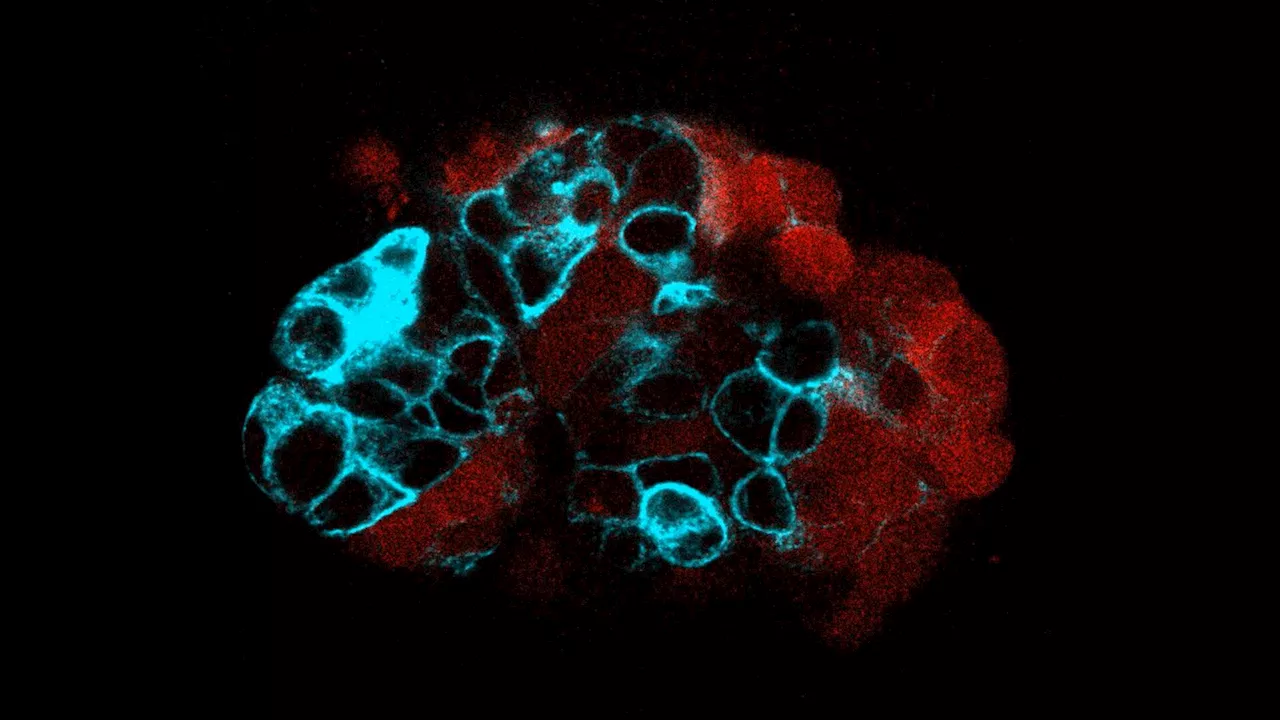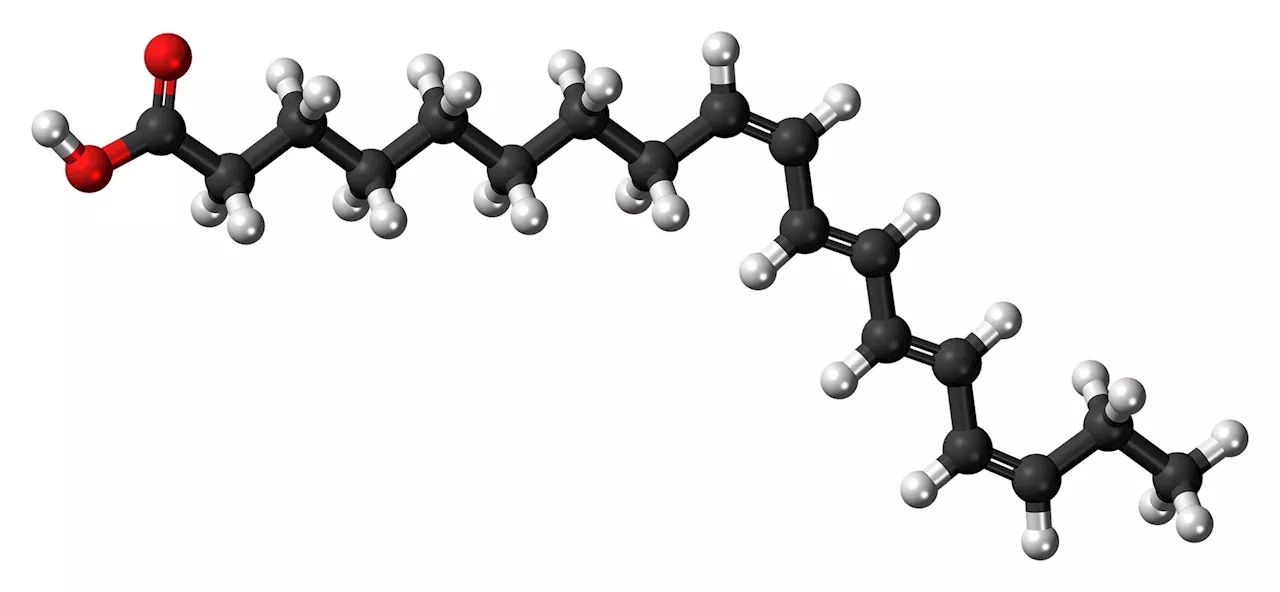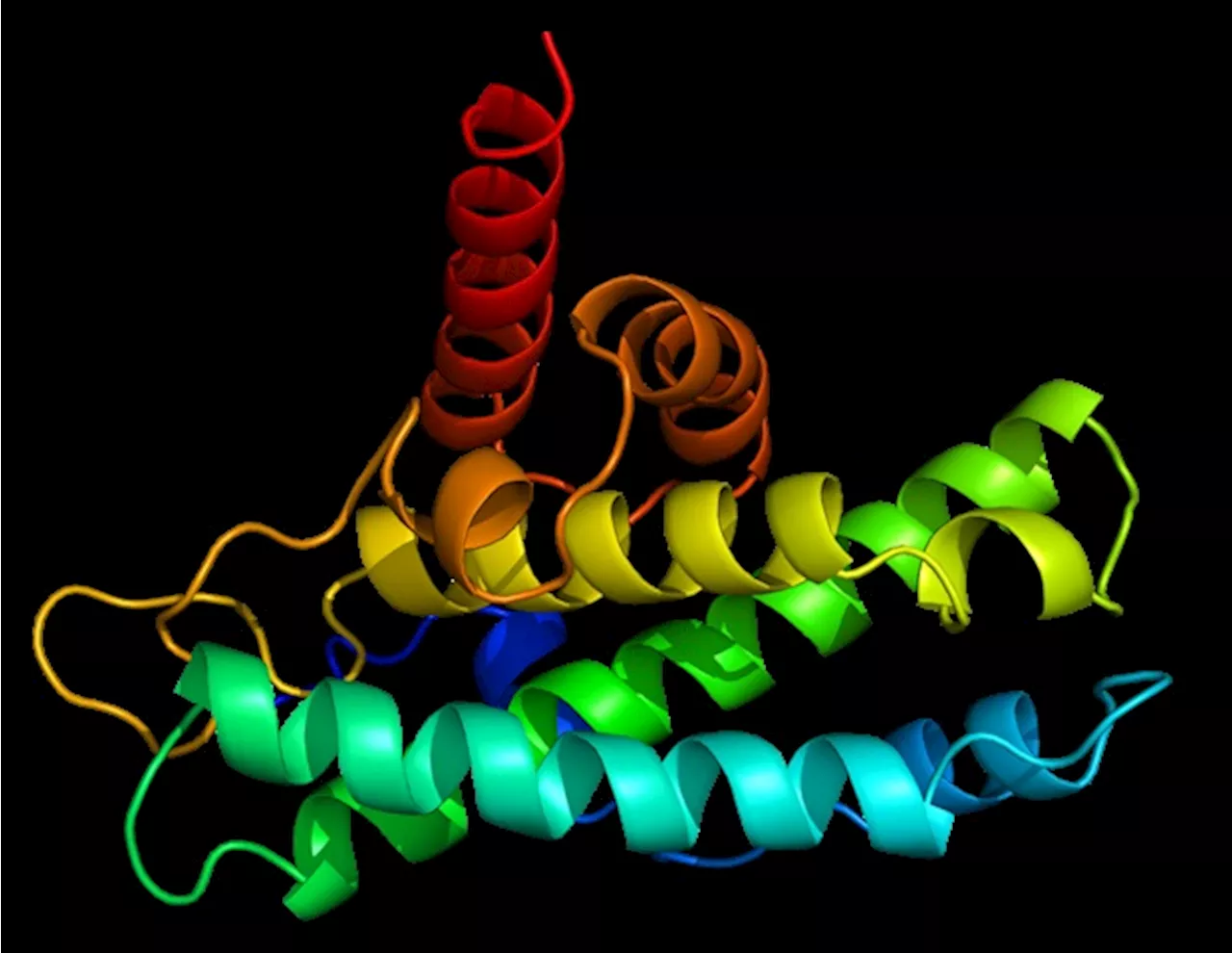Scientists have revealed new information on how red light-regulated histidine kinases function.
University of Jyväskylä - Jyväskylän yliopistoJun 14 2024 According to the study, altering of the length of a specific 'linker helix' region of the protein can even reverse their enzymatic activity. The study is published in Nature Communications.
Red light regulated histidine kinases Bacteria often sense and respond to their environment by applying receptor histidine kinase proteins. Once a histidine kinase senses an incident signal, it conveys this information to the cells by phosphorylating a response regulator protein. Bacterial phytochromes are red light sensing photoreceptors that usually function as histidine kinases.
Optogenetics aims to control cellular events with light, and bacterial phytochromes have traits that makes them especially good for this purpose. Due to this reason, we have previously generated an optogenetic pREDusk tool that is based on a bacterial phytochrome." Reversal of 'pREDusk' leads to 'pDERusk' An international collaboration between the groups of Dr. Heikki Takala from the University of Jyväskylä and Prof.
The process led to development of an inverted pREDusk tool that, unlike its predecessor, can activate bacterial gene expression under red light. "We named this new tool 'pDERusk'. This name first started as an unintended typo, but we noticed that would be a perfect name for an inverted 'pREDusk," Takala concludes.Journal reference:Meier, S. S. M., et al. . Leveraging the histidine kinase-phosphatase duality to sculpt two-component signaling. Nature Communications. doi.
Histidine Kinase Phosphatase Protein Research
Philippines Latest News, Philippines Headlines
Similar News:You can also read news stories similar to this one that we have collected from other news sources.
 Scientists identify the genetic 'switches' of bone growthScientists at the UNIGE have identified the genetic sequences that regulate the activity of the genes responsible for bone growth.
Scientists identify the genetic 'switches' of bone growthScientists at the UNIGE have identified the genetic sequences that regulate the activity of the genes responsible for bone growth.
Read more »
 Scientists discover how the physics of colon cancer cells contributes to metastasisA study led by the Institute for Bioengineering of Catalonia (IBEC) has investigated how the mechanical properties of different types of colorectal cancer cells influence the process of metastasis.
Scientists discover how the physics of colon cancer cells contributes to metastasisA study led by the Institute for Bioengineering of Catalonia (IBEC) has investigated how the mechanical properties of different types of colorectal cancer cells influence the process of metastasis.
Read more »
 Aging and vascular risk: Scientists explore link between brain topological resilience and cognitive performanceExisting research indicates that cognitive impairment in late life is the result of a sequence of life-long events, with vascular risk factors playing a crucial role in this process. It is important to develop biomarkers that can detect the early effect of vascular risk factors on the brain.
Aging and vascular risk: Scientists explore link between brain topological resilience and cognitive performanceExisting research indicates that cognitive impairment in late life is the result of a sequence of life-long events, with vascular risk factors playing a crucial role in this process. It is important to develop biomarkers that can detect the early effect of vascular risk factors on the brain.
Read more »
 Twin boys were ritually sacrificed together at notorious Mayan temple, scientists discover...Archaeologists find the ‘lost’ survivors of Pompeii who made it through horror 18-hour volcanic eruption 2,000 years ago
Twin boys were ritually sacrificed together at notorious Mayan temple, scientists discover...Archaeologists find the ‘lost’ survivors of Pompeii who made it through horror 18-hour volcanic eruption 2,000 years ago
Read more »
 Scientists say one spoonful a day of food can help anxiety and sleepSome people hate it but a spread which is high in salt also contains key B vitamins and chemicals, a study found
Scientists say one spoonful a day of food can help anxiety and sleepSome people hate it but a spread which is high in salt also contains key B vitamins and chemicals, a study found
Read more »
 Scientists investigate association between omega-3s and symptoms of psychosis in early adulthoodA new study, the largest of its kind, published in Biological Psychiatry today, tracked the blood test results of over 3,500 participants for a span of 17 years to explore a possible link between diet and mental health.
Scientists investigate association between omega-3s and symptoms of psychosis in early adulthoodA new study, the largest of its kind, published in Biological Psychiatry today, tracked the blood test results of over 3,500 participants for a span of 17 years to explore a possible link between diet and mental health.
Read more »
